There are so many skincare products already, and there is always something new being added to the list with some new ingredient we’ve never heard of or didn’t think had any relation to skincare. With all these options, how do you choose? I find it really challenging, but looking at the ingredients of the products is what gets me through.
One thing I look for in a skincare product is the absence of allergens. I’ve found the hard way that with certain ingredients my skin can get irritated pretty quickly, and getting rid of rashes and acne is not something I want to deal with if I can avoid them. Fortunately, I’ve found one ingredient in skincare products that I don’t have to worry about being an allergen: peptides. It works for all skin types because peptides are amino acids which are basically proteins. If you’re like me who has sensitive skin, I would recommend that you check out peptides.
Peptides are actually kind of a fad today since many skincare products are releasing products advertising peptides as one of the main ingredients. Some of them list this as soy or copper peptides while others just plainly say amino acid on the label. My curiosity about peptides started when I bought an Olay product listing it as one of its ingredients. Apparently, peptides reduce wrinkles by helping the body produce more elastin and collagen.
Now, if you’re like me who wants to know a lot about the skin, you should know that elastin and collagen are two important things that keep the skin looking young, fresh, and elastic. Plump-looking skin is the result of abundance in these two, but unfortunately, as with almost everything in the body, the production of elastin and collagen lessen as we age. That is kind of a problem, since it’s when we age that we need to work harder to retain that youthful-looking skin. I myself would like to keep wrinkles at bay for as long as I can which is why I am a fan of anti-aging creams that work. There’s an emphasis on the last two words since not all creams do what they say.
But…back to peptides. It becomes important to us skincare enthusiasts because it triggers more production of collagen by working with glycerin. Glycerin enhances hydration that leads to more collagen and a more supple skin for us. This is why we need peptides in our products. These series of amino acid chains make sure that even as we age, we have sufficient collagen to help hide our real age. Imagine going to a reunion and being mistaken for someone who is younger than you—that would make my day. Peptides can help in this because it keeps wrinkles at bay and even maintains the skin’s natural look. However, there is some issue about peptides, particularly copper peptides. It’s not that they are dangerous to the skin, but some say that they don’t have any effect at all.
These claims are made in response to peptides’ popularity these days. Some even go as far as saying that it’s the only thing we need in order to keep good skin, and even I think that’s an overstatement. I mean, it’s not the first ingredient to be given that title.
Though I have used peptides and think that they have benefits, I think that that’s not enough to make them the most beneficial for the skin. After all, critics have been looking for research about its benefits and they didn’t find any. Actually, there are researches, but these are conducted by those trying to sell peptide solutions or concentrates to skincare companies which make them lean towards the result that is favorable to them. The studies exist, but the main concern is the amount of peptides used in them and the actual amount used in the products companies would sell. This isn’t a concern for me because I make sure to get peptide-rich creams that have ample amount of the active ingredient to see results. Always check the label so that you will know how much you are getting—if the amount of peptides is too small, you will not experience any effects, and that is why critics have mixed feelings about this ingredient.
With the quantity aside, many customers are scared of using copper peptides because, well, it is made of metal ingredients like manganese. There are rumors that it might react negatively with vitamin C, but I haven’t found proof that those rumors are true. It would make sense for them to think that since vitamin C is ascorbic acid after all and copper is metal, but when in doubt, remember that zinc works with ascorbic acid without any problems. Again, there is not much to go on in terms of research, so I would advise extra precaution.
I can’t blame anyone for not trusting peptides wholeheartedly—after all, they say that if there’s smoke, there’s fire. Does this mean that if there’s any doubt about peptides, then it’s not useful at all? I wouldn’t say that.
Peptides do benefit the body, and the main concern of critics is that it shouldn’t be the only thing you use if you want to get good skin. On that I agree. My personal opinion is that a good skincare regimen involving many different helpful ingredients should work. I tend to have a lot of products for the skin for various times of day: day creams, night creams, sunscreens that should be applied every so often, and many others. I also keep a lot of moisturizing products so that my skin remains hydrated wherever I am. Even the products I use on my lips have ingredients that I trust to work, and I would do the same even with the addition of peptides.
I would not eliminate everything else just because of it, and neither should you. It’s just like antioxidants: getting more gives you more benefits. And then there’s also a healthy lifestyle to consider. Trust me, nothing works best for the skin than a healthy plate of fruits and vegetables. Good sleep also helps. And if you really want to get the best skin and look youthful without much effort, I recommend that you stop any vices such as smoking or drinking because those are just filled with free radicals, and you don’t want those.

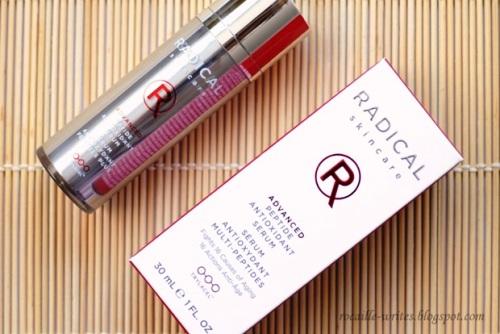

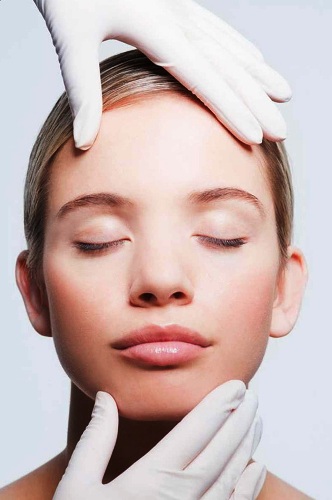
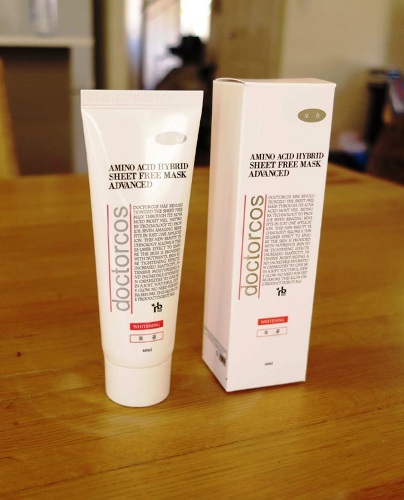
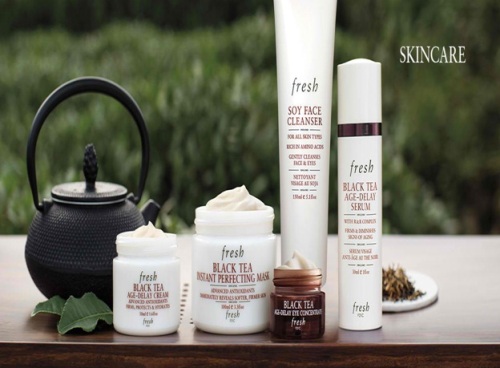



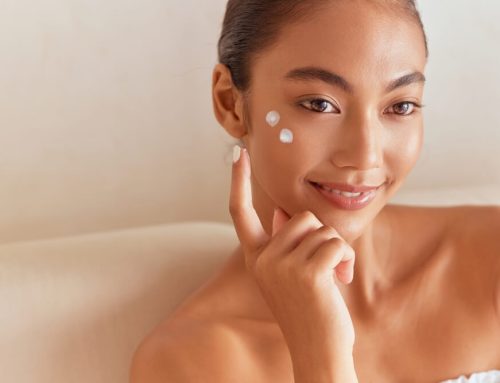
Leave A Comment